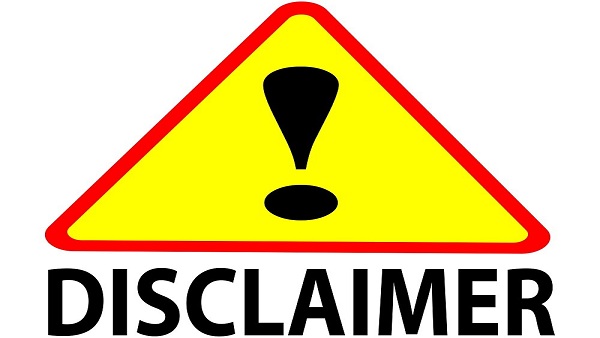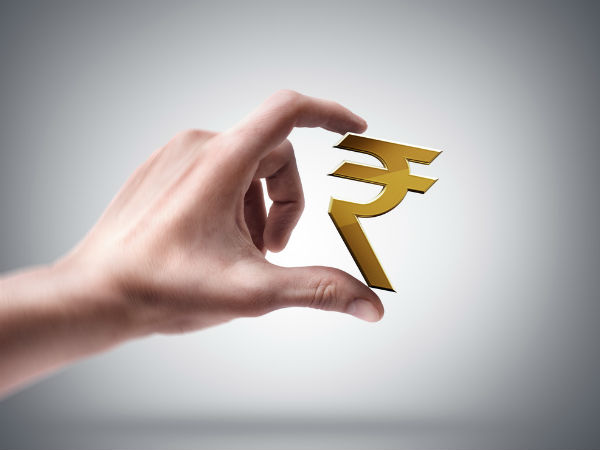Why there is a hype around Electric Vehecle stocks?
The government has set a goal of achieving 100% electrification by 2030. Given the early phases of adoption that we are currently in, this is a massive goal.
All three-wheelers will be battery-powered by 2023, and the majority of two-wheelers will be battery-powered by 2025. With the Indian government’s increased focus on green mobility, it’s reasonable to expect the electric vehicle industry to develop and India’s electric vehicle fleet to expand. Because of India’s EV market’s widespread acceptance and expansion, the year 2021 can be regarded the best time to invest in electric vehicle stocks in India.
Mahindra & Mahindra Limited
In India, Mahindra is a pioneer in the field of electric vehicles. Its first EV, the Mahindra Reva, was introduced in 2001, making it the first significant EV manufacturer. With the EV manufacturing unit in Bangalore, it has expanded beyond consumer and business demands to include a wide range of other market categories. Mahindra & Mahindra Limited is expected to handle future expansion within the electric vehicle sector, particularly in terms of battery development.
The Mahindra e2o and Mahindra e2o Plus are two new compact urban electric car models from Mahindra.
The stock returned -2.33 percent over a three-year period, compared to 58.78 percent for the Nifty 100 index.
- Market Cap (Rs. in Cr.): 104788.70
- Earning Per Share: Rs. 8.14
- Price To Earnings Ratio: 103.53
Tata Motors
Tata Motors has created ZAPTRON, a unique technology that creates power through kinetic braking and recharges the battery while the car is in motion.
Tata Motors now offers three hybrid vehicles: the Tigor electric car, Nano electric vehicle, and Tiago electric vehicle. As it expands its R&D globally and in India, it is expected to dominate the EV industry. Apart from autos, Tata Motors also produces a large number of heavy-duty electric buses, dump trucks, and military vehicles in India.
For the past three years, the company has posted a negative return on investment (ROI). Over a three-year period, the stock returned 45.32 percent, while the Nifty Auto provided investors a 9.7 percent return.
- Market Cap (Rs. in Cr.): 114567.22
- Earning Per Share: Rs.-4.59
- Price To Earnings Ratio: 0.00
Greaves Cotton
Greaves Cotton announced a move into the multi-brand EV retail space, which it expects to be a significant contribution to both the top and bottom lines. It’s the only multi-brand EV store in the area, and it’s a natural extension of the company’s high-end engine expertise. GCL has a market share of 60-65 percent in the 3W diesel engine segment. Over 30 Indian original equipment manufacturers rely on GCL engines (OEMs)
Only 3.63 percent of trading sessions in the last 16 years had intraday gains of more than 5%. The stock returned 6.34 percent over three years, compared to 76.83 percent for the Nifty Smallcap 100.
- Market Cap (Rs. in Cr.): 3204.53
- Earning Per Share: Rs 1.21
- Price To Earnings Ratio: 114.08
Minda Corp
The N.K. Minda Group’s flagship company, Minda Industries Limited, is one of India’s most versatile auto component producers. It is a tier-1 supplier of patented automotive solutions to OEMs and a technical leader in the automotive components business. Minda has engineering, R&D, and production facilities in Manesar, Pune, and Sonepat, and is headquartered in Manesar, Haryana. It is the first car component producer to supply electric vehicle manufacturers. It has already received orders to offer electric vehicle mobility components. It is primarily focused on R&D and has a prestigious roster of electric vehicle clients.
Only 3.63 percent of trading sessions in the last 16 years had intraday gains of more than 5%. The stock returned 6.34 percent over three years, compared to 76.83 percent for the Nifty Smallcap 100.
- Market Cap (Rs. in Cr.): 3213.23
- Earning Per Share: Rs 4.76
- Price To Earnings Ratio: 28.22
Ashok Leyland
India’s leading maker of electric buses, vehicles, and security equipment is Ashok Leyland. It has created the world’s first flash-charged electric bus.
It allows heavy-duty electric vehicles to fit on Indian highways, making it suitable for them. Ashok Leyland’s historic debuts include Circuit, Circuit S, and HYBUS, to name a few. With ABB TOSA technology, Ashok Leyland will disrupt the heavy electric vehicle industry in India.
Only 3.09 percent of trading sessions in the last 16 years had intraday drops of more than 5%. Over a three-year period, the stock returned 8.82 percent, compared to 9.7 percent for the Nifty Auto Index.
- Market Cap (Rs. in Cr.): 38807.67
- Earning Per Share: Rs -0.71
- Price To Earnings Ratio: 0.00
Bharat Forge
Bharat Forge has launched a new firm called Kalyani Powertrain to focus on its electric vehicle sector. In the last year, the company’s stock has increased by 65 percent.
Furthermore, it intends to manufacture electric two- and three-wheelers with the support of Tork Motors, a Pune-based electric motorcycle startup in which Bharat Forge owns a 49 percent stake. In 2022, the first model is expected to hit the market.
Only 2.53 percent of trading sessions in the last 16 years had intraday gains of more than 5%. In comparison to the Nifty 100, which returned 58.78 percent over three years, the stock returned 16.31%.
- Market Cap (Rs. in Cr.): 33641.11
- Earning Per Share: Rs 11.49
- Price To Earnings Ratio: 62.87
Exide Industries
Exide Industries specializes in the manufacture of storage batteries and related items. A subsidiary of the corporation, Exide Life Insurance Company Ltd (ELI), provides life insurance to customers through a number of channels, such as individual agents, corporate agents, banks, and so on.
Storage Batteries Segment: The company is India’s largest storage battery manufacturer, with a monopoly on virtually every category in the automotive, industrial, and submarine industries.
Only 2.38 percent of trading sessions in the last 16 years had intraday gains of more than 5%. The stock returned -31.96 percent over three years, compared to 75.85 percent for the Nifty Midcap 100.
- Market Cap (Rs. in Cr.): 15380.75
- Earning Per Share: Rs 9.88
- Price To Earnings Ratio: 18.32
Other EV related stocks
Himadri Speciality Chemical, Hindalco Industries, Hindustan Copper, and JBM Auto Ltd are some of the EV-related stocks. These stocks represent the EV potential and are direct and indirect beneficiaries. Before making any investments, it is wise to consult with your experts.
Disclaimer
Investors should note that investing in stocks is risky and neither the author, nor Greynium Information Technologies Pvt Ltd, nor the brokerage would be responsible for losses based on a decision from the above article.














